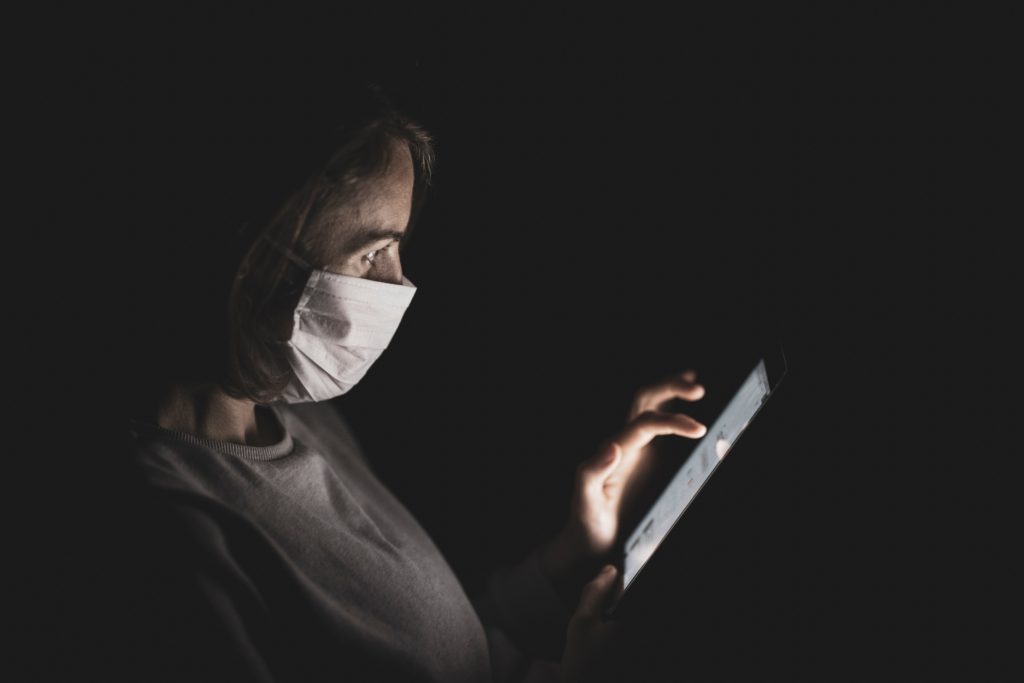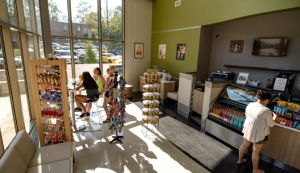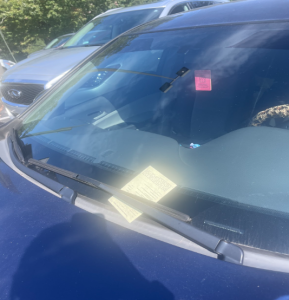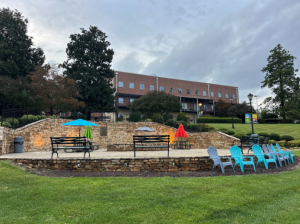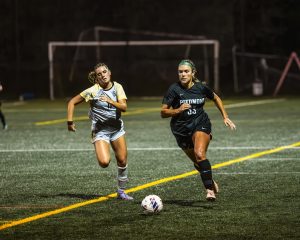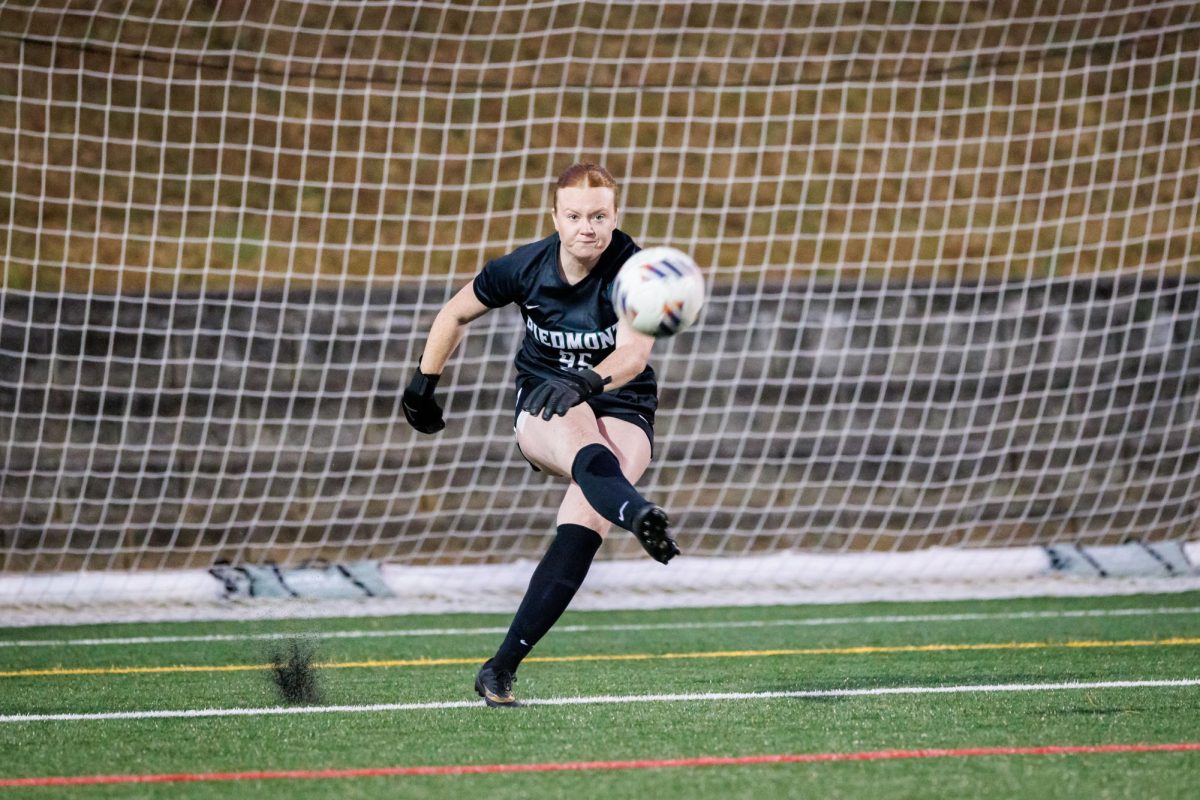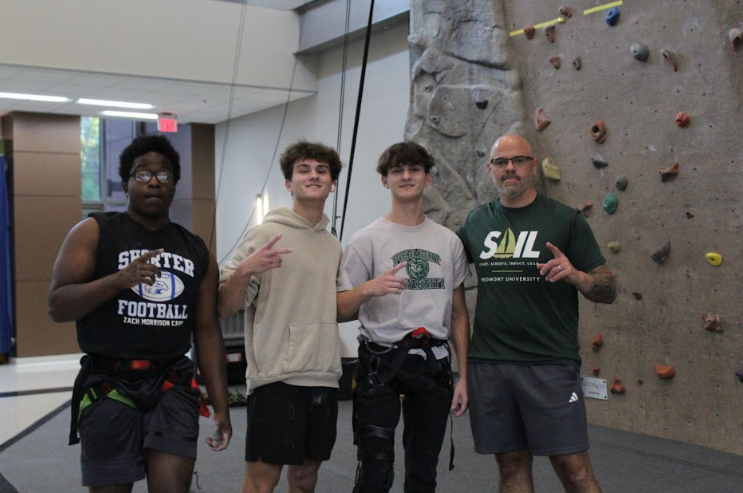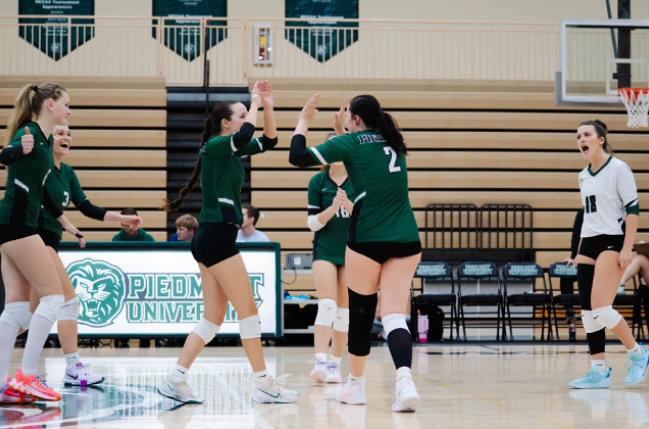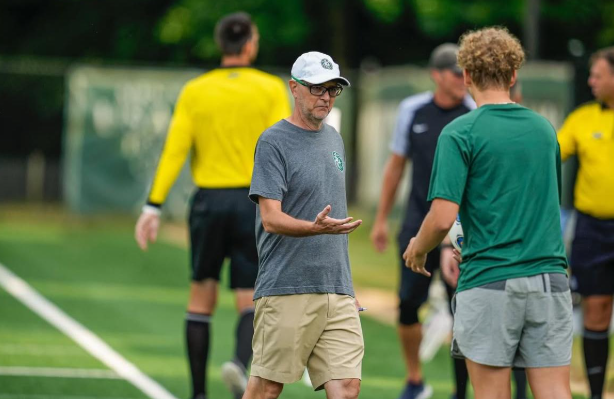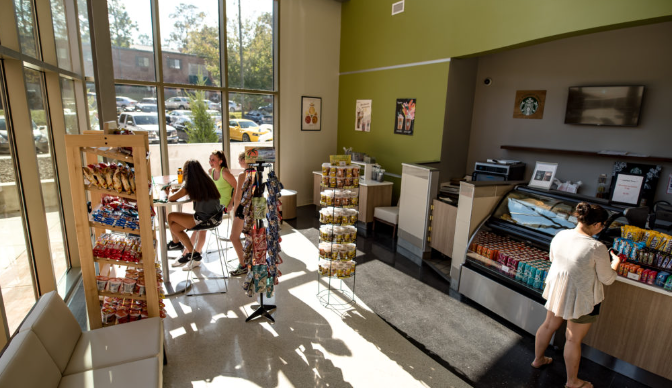COVID-19’s Impact on Piedmont’s Mental Health
April 23, 2020
Written by Laura Alyssa Platé (News Editor) & Savannah Richards (Assistant Radio Station Manager)
COVID-19 is reaching college students even in the safety of their homes as self-isolation and anxiety begin to take a toll on their mental health.
“I’ve been in a house with three young kids for three weeks and we’ve had to adjust to their new at-home schoolwork, balance our own mental health, and my class work,” said senior philosophy and religion major, John Hollis Meyer.
According to the National Institute of Mental Health stress caused by an infectious disease outbreak can cause symptoms such as changes in eating/sleeping patterns, difficulty sleeping or concentrating, worsening of chronic health issues and the increase of substance abuse.
“Battling a disability is hard enough on its own,” said Caden Nelms, a mass communications major and advocate for accessibility at Piedmont. “Things just kind of keep building up. If you have a disability or an underlying disease it just all adds up.”
The global pandemic and resulting shelter-in-place order has altered the daily lives of most–if not all–Piedmont students. For students like Nelms who have compromised immune system, this can mean isolation not only from society, but also from the people closest to them.
“During the next few weeks I probably won’t be able to see more than a few close family members,” said Nelms. “It’s been really hard during the last few weeks.
The necessary self-isolation has also disrupted many college student’s schedules and routines which, according to the Sylvia Brafman Mental Health Care Center, are a necessary part of maintaining good self-care.
“I’ve lost track of what day it is, and save for my automatic alarms, I don’t know how I’d remember a lot of my classes,” said Meyer. “This is a unique situation for everyone, but I’ve never had online classes before, and it’s been a challenge. It’s easy for routines to fall apart.” He added that students don’t necessarily know how to reach out for help because they are not entirely sure what they need during this ever changing time.
“It is difficult to figure out how to help our students and meet their needs when they aren’t in classrooms and in the halls,” said Garvin-Leighton. Piedmont students have often experienced long wait times for face to face counseling on both campuses, but Virtual Talk Therapy has a uniquely quick turn around on support for students.
“Our partnership with Virtual Talk Therapy promised more timely access to psychological and psychiatric care,” said Assistant Vice President of Student Affairs, Emily Pettit. “We are extremely fortunate during this unexpected pandemic experience to be “ahead of the curve.”
Piedmont students are offered three free Virtual Talk Therapy sessions each semester (fall and spring) which provides access to counseling at their convenience and preferred language. It also provides a unique opportunity for the anonymity that a virtual environment offers. Residential students can access this service from now through April 30th, access will be offered again in the fall semester.
“[COVID-19] obviously has created turmoil in everyone’s lives because no one was prepared to make this kind of monumental shift,” said Garvin- Leighton. “Everyone, even those who teach or take online or hybrid classes, were not prepared and this made a lot of stress and anxiety, especially for folks who are now working from home with small children.”
Garvin-Leighton also worries about the possibility that Piedmont students, staff, and faculty members may experience an uptick in domestic violence as the shutdown and quarantine drags on. According to the National Coalition Against Domestic Violence, on a typical day, there are more than 20,000 phone calls placed to domestic violence hotlines nationwide.
“I haven’t seen it yet, but I am sure domestic violence will become a greater issue, definitely the longer this draws out,” said Garvin-Leighton. “I know that’s happening with our faculty and students, I just haven’t seen it.” Ordinarily, 35.1% of Georgia women1 and 39.9% of Georgia men2 experience intimate partner physical violence, sexual violence and/or stalking.
Senior mass communications major and president of Active Minds Nicole Thomas, noted the various resources Piedmont offers for mental health care and suggested people reach out for help rather than trying to battle their mental health alone during this time.
“A lot of people may be struggling with their mental health during self isolation,” said Thomas. “This is a new experience, which can bring feelings of uncertainty, loneliness and anxiety. However, it’s important for people to stay connected with loved ones and still do things that they enjoy, even from home.”
Garvin-Leighton has seen that students and faculty alike are struggling with the transition to thier increased homelife.
“We are learning new things about our families and we aren’t used to living with people 24/7, especially those college students who are used to having freedom and now feel like they are being monitored,” said Garvin-Leighton. “People expected that because millennials and Gen Z are used to living in the digital age, and are proficient with technology, the transition would be easier for them. It’s magnified now and it is not enjoyable.”
Many students have expressed that their disdain for online learning is matched by the realization that it’s causing them to miss the better parts of an on-campus learning experience.
“It hasn’t really hit me yet,” Nelms said. “I miss getting to hang out in the Swanson Center, make new friends and really find my niche. But once May 5 hits and we have to send our books back, I think it’ll hit a lot harder. I just hope they find a vaccine so this doesn’t happen again.”


